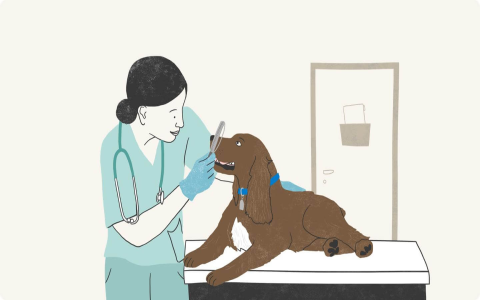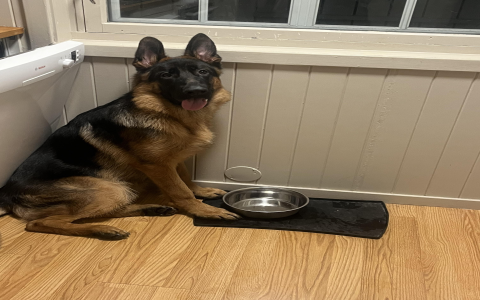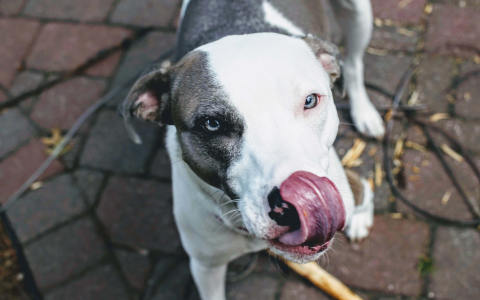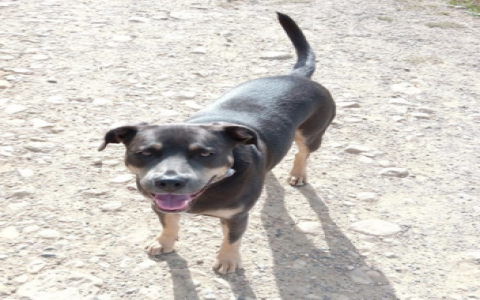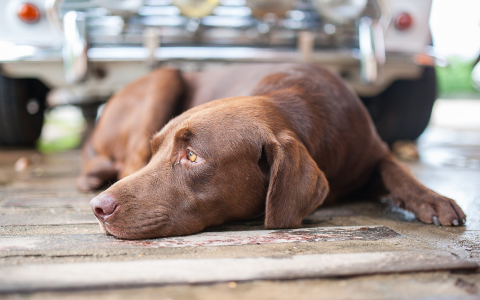Why does my dog leave the room when I yell? Understand the simple reasons behind their sensitive reaction.
Alright, let me walk you through something I figured out with my own dog, Buster. For ages, I couldn't understand it. Whenever I'd get worked up – maybe stubbed my toe, yelled at the game on TV, or just got loud 'cause I was frustrated – Buster would just get up and leave the room. Not run, just kinda... mosey on out.
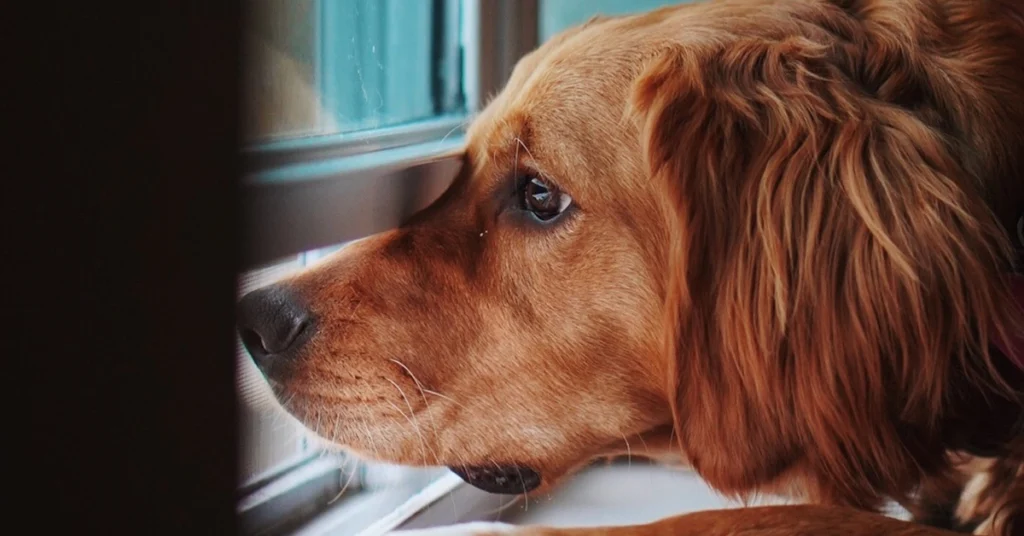
At first, I didn't connect the dots. I figured, maybe he heard something? Needed a drink? Just felt like changing spots? Dogs do weird stuff, right? So I brushed it off. Just one of his quirks, I thought.
Figuring out the Pattern
But then I started noticing it more consciously. It wasn't random. It happened pretty much every single time I raised my voice significantly. Didn't even have to be yelling at him. Just loud, angry-sounding noise from me, and he was heading for the door. He'd sometimes flatten his ears a tiny bit, maybe lick his lips, then quietly exit. It wasn't like he was in trouble or sulking, more like he was just... removing himself from the situation.
I remember one time specifically, I dropped a whole pan of food. Made a huge clatter, and yeah, I yelled out of pure shock and frustration. Buster was snoozing on his bed across the room, shot straight up, gave me this wide-eyed look, and was gone before I even started cleaning up. That's when I really started thinking, okay, this isn't coincidence.
Connecting Yelling and Leaving
It hit me then. He wasn't being disrespectful or ignoring me. He was reacting to the tone, the volume. The yelling itself was the problem for him. Loud noises can be scary for dogs, sure, but I think it was more than that. My angry sound probably made him anxious or stressed out. He didn't know why I was yelling, he just knew it felt bad, unsafe maybe?
Think about it, dogs are pretty tuned into our emotions. They might not get the words, but they definitely get the vibe. And a yelling vibe is probably just confusing and scary for them. Why stick around for that?
What I Did About It
So, I decided to try and change things. It wasn't easy at first, gotta admit. I'm naturally a bit loud when I get surprised or annoyed. But I made a conscious effort:
- Tried to lower my volume: Even when frustrated, I focused on not shouting.
- Used calmer tones: If I needed to correct Buster, I used a firm, low "No" or "Ah-ah" instead of a yell.
- Focused on positive stuff: More praise when he did good things, less focus on just reacting when things went wrong.
It took practice. Sometimes I slipped up. But I kept trying to manage my own volume and tone around him.
The Result? He Stays.
And you know what? It worked. Slowly but surely, he stopped doing the disappearing act. If I get startled now and let out a yelp, he might look up, but he doesn't automatically bolt for the door. If I use a firm correction voice, he listens, but he doesn't look terrified or feel the need to escape the room.
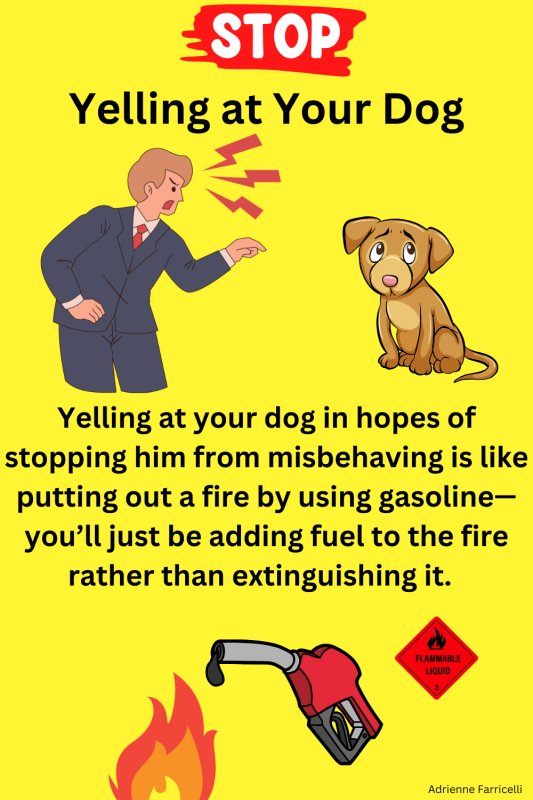
He seems way more relaxed in general, actually. And honestly, our relationship feels better. It makes sense, right? Who wants to hang around someone who sounds angry and scary all the time?
So yeah, that was my experience. It wasn't about him being stubborn or anything complicated. He just didn't like the yelling. Simple as that. Cutting out the shouting made him feel safer, more comfortable just being in the same room, even when I wasn't perfectly calm. Took me a while, but I got there.

